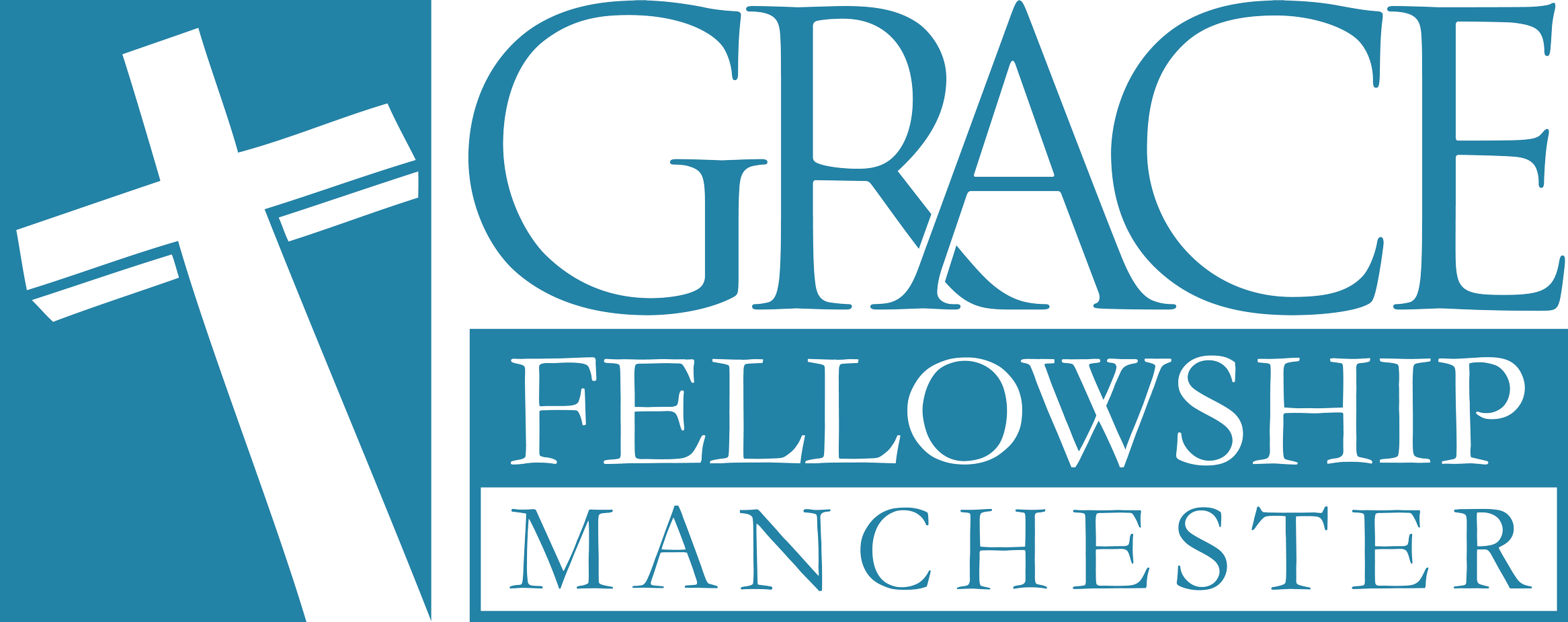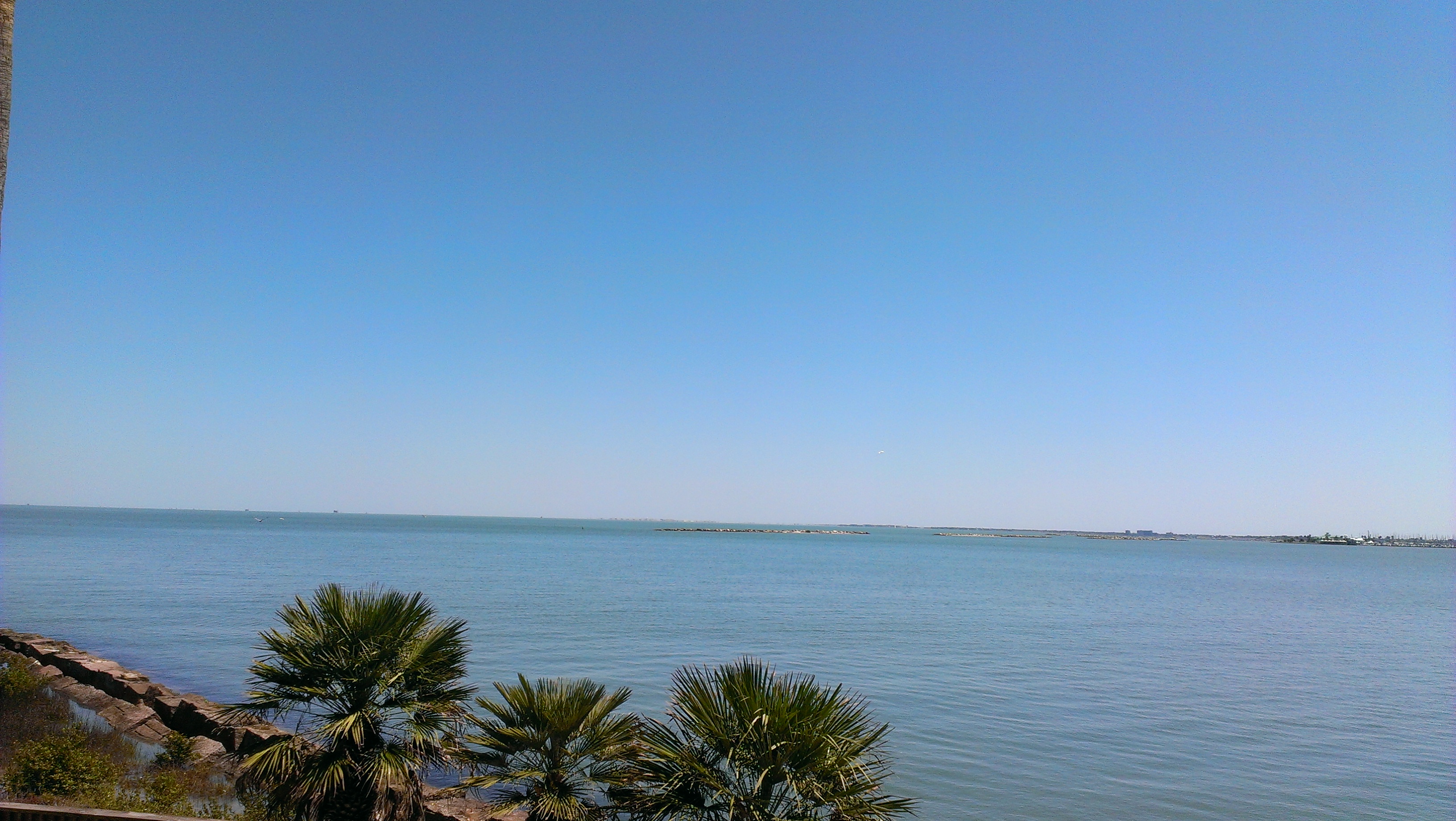The Eternity of God
Try for a moment, to conceive of a Being without a beginning; a Being who does not become older as ages roll away. Fly back, in imagination, millions of millions of millions of years, till reason is confounded, and fancy wearied in the flight. God then existed, and, what may at first appear paradoxical, he had then existed as long as he has now; you would then be no nearer the beginning of his existence than you are now, for it has no beginning, and you cannot approach to that which does not exist. Nor will his being ever come to an end. Add together ages of ages; multiply them by the leaves on the trees, the sand on the sea-shore, and the dust of the earth, still you will be no nearer the termination of Jehovah’s existence, than when you first began your calculation. And let us remember that the duration of his existence is the only measure of our own. As it respects futurity, we are all as immortal as Jehovah himself.
The Love of God
In the words, “God is love,” we have a perfect portrait of the eternal and incomprehensible Jehovah, drawn by his own unerring hand. The mode of expression here adopted, differs materially from that usually employed by the inspired writers, in speaking of the divine perfections. They say, God is merciful, God is just, God is holy; but never do they say, God is mercy, God is justice, God is holiness. In this instance, on the contrary, the apostle, instead of saying, God is loving, or good, or kind, says, God is love, love itself. By this expression we must understand that God is all pure, unmixed love, and that the other moral perfections of his character are only so many modifications of this love. Thus his justice, his mercy, his truth, his faithfulness, are but so many different names of his love or goodness. As the light which proceeds from the sun may easily be separated into many different colors, so the holy love of God, which is the light and glory of his nature, may be separated into a variety of moral attributes and perfections. But, though separated, they are still love. His whole nature and essence are love; his will, leis works, and his words, are love; lie is nothing, can do nothing but love.
-Edward Payson

